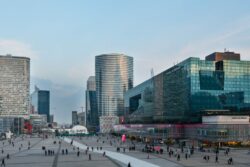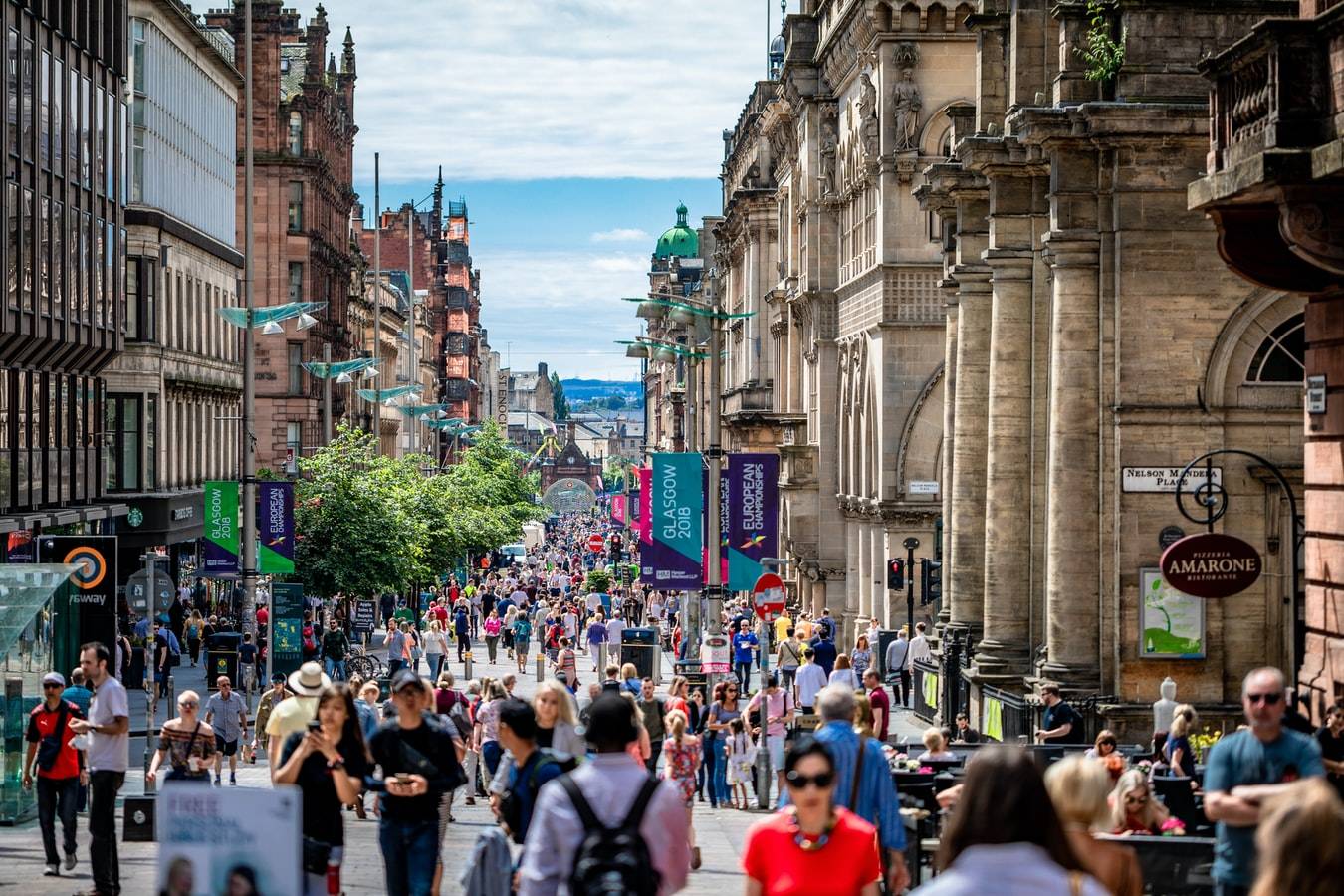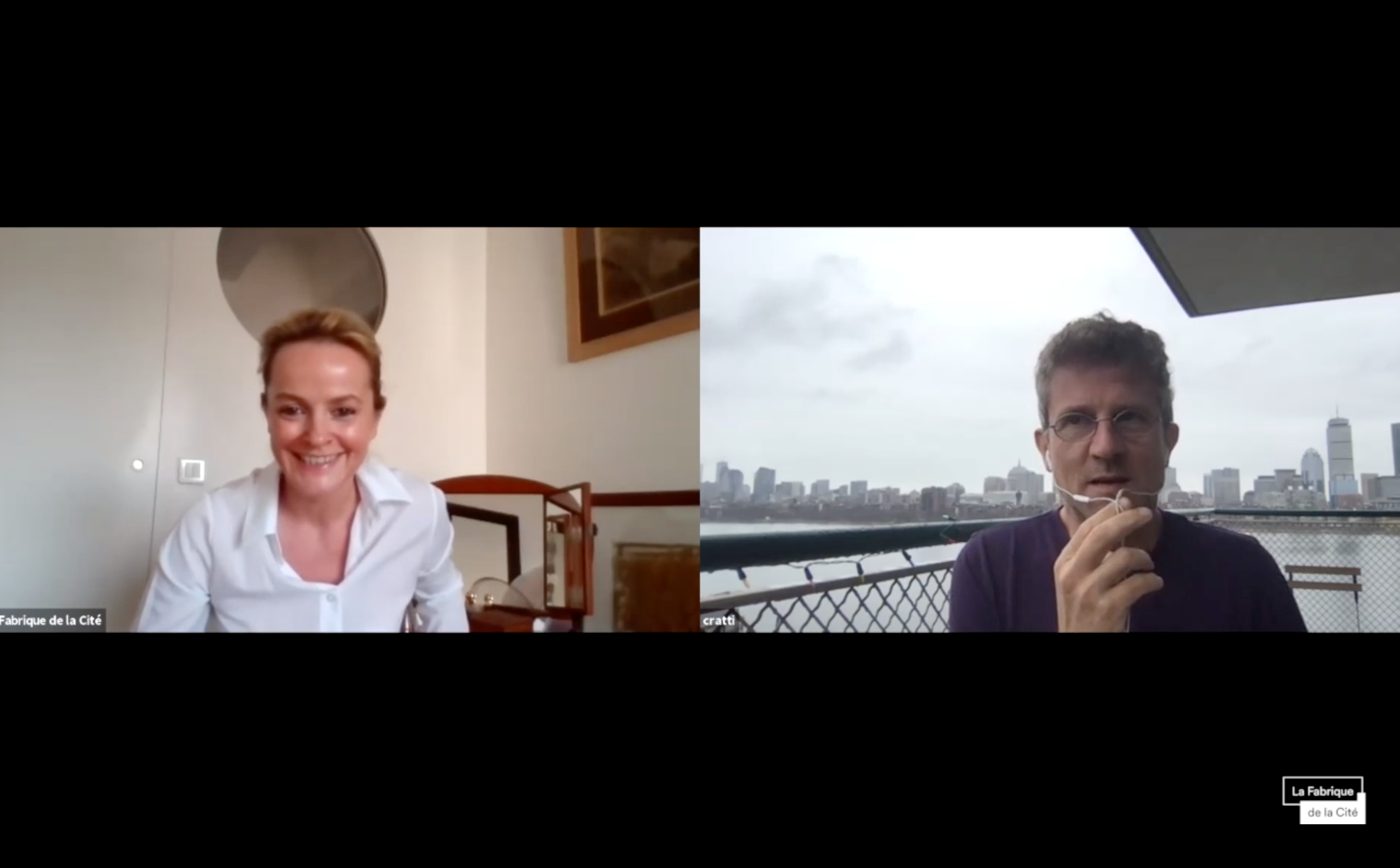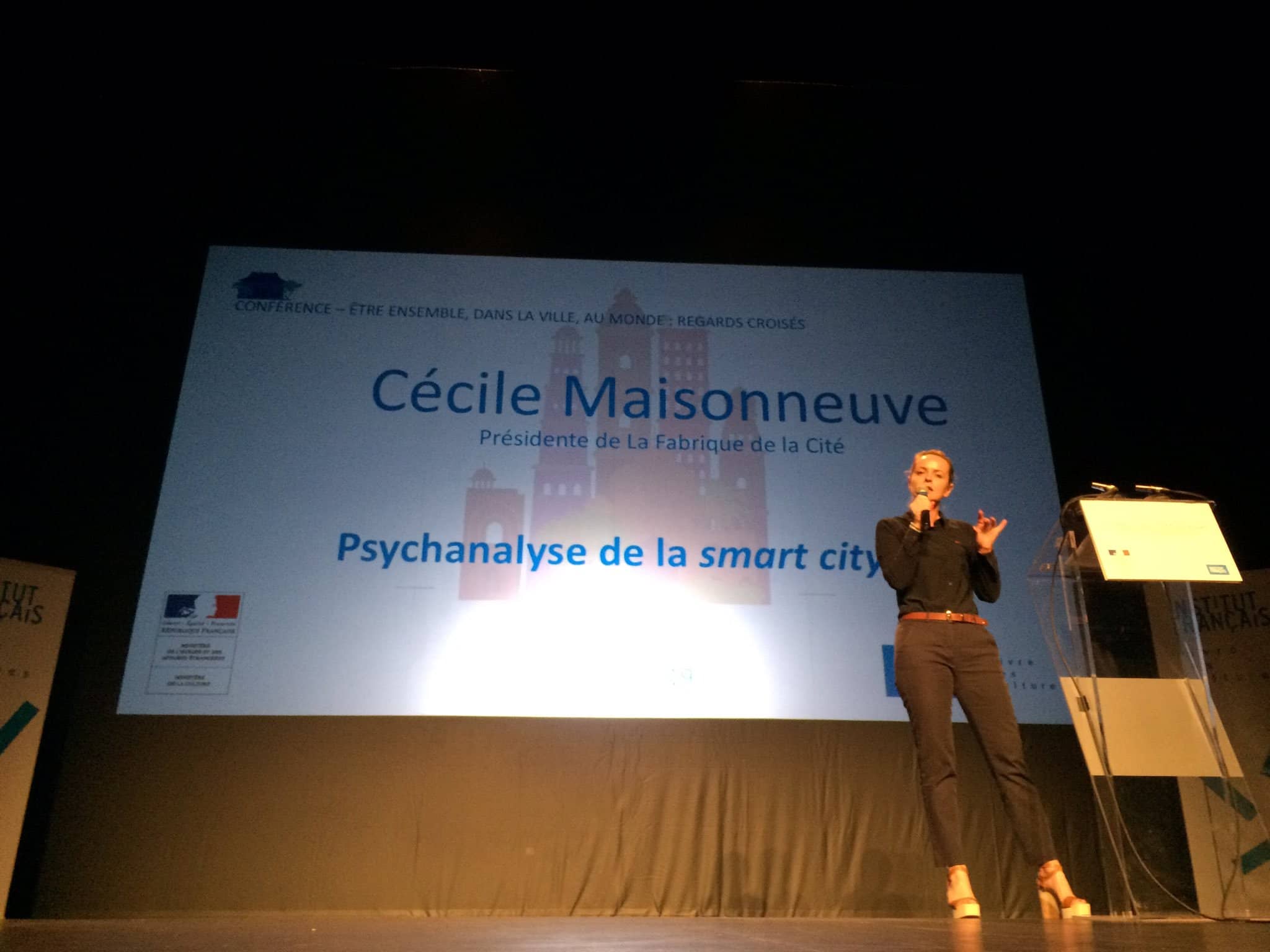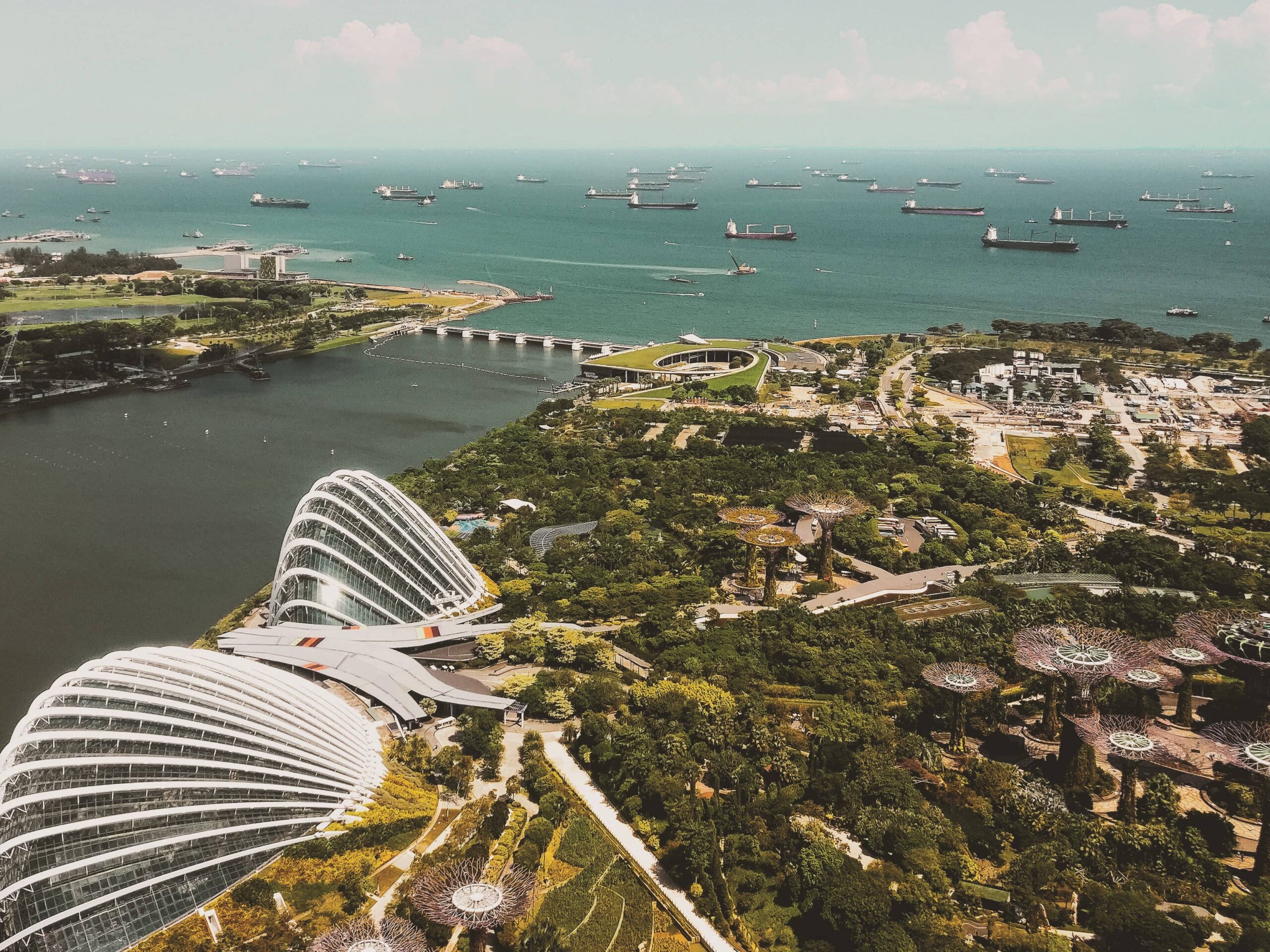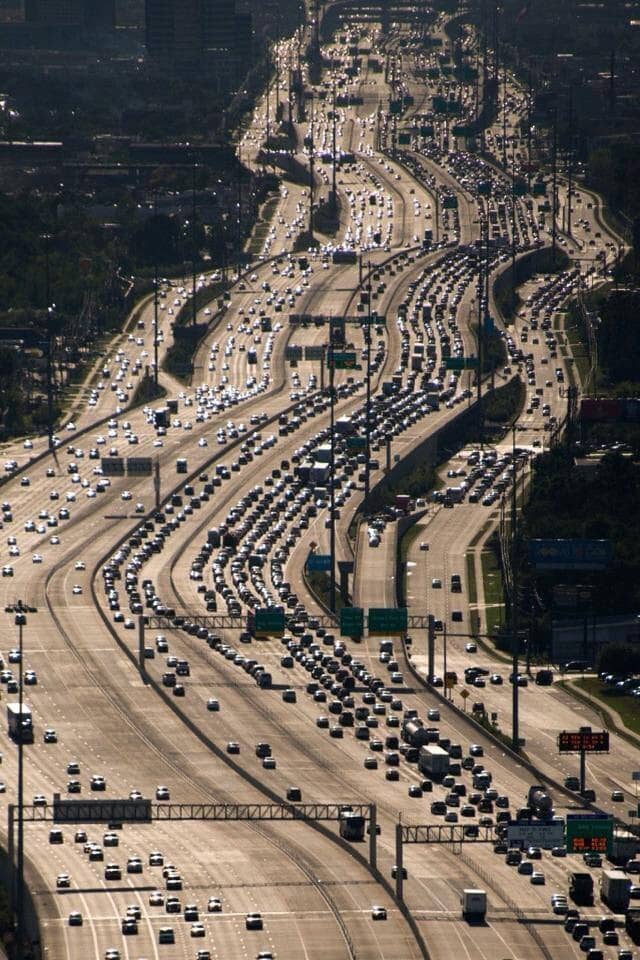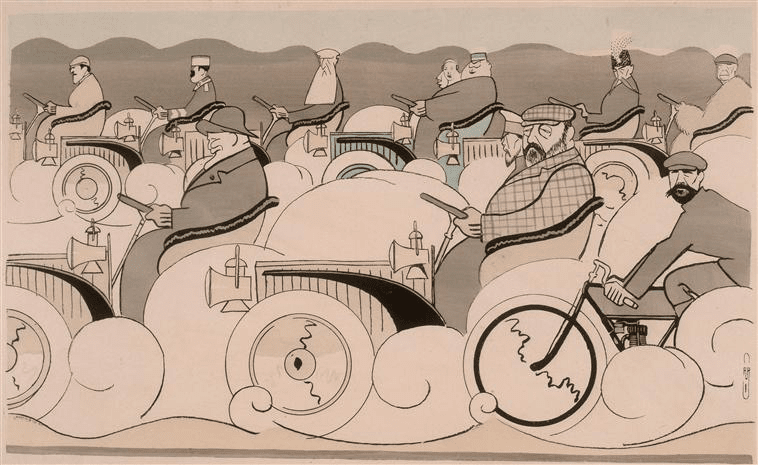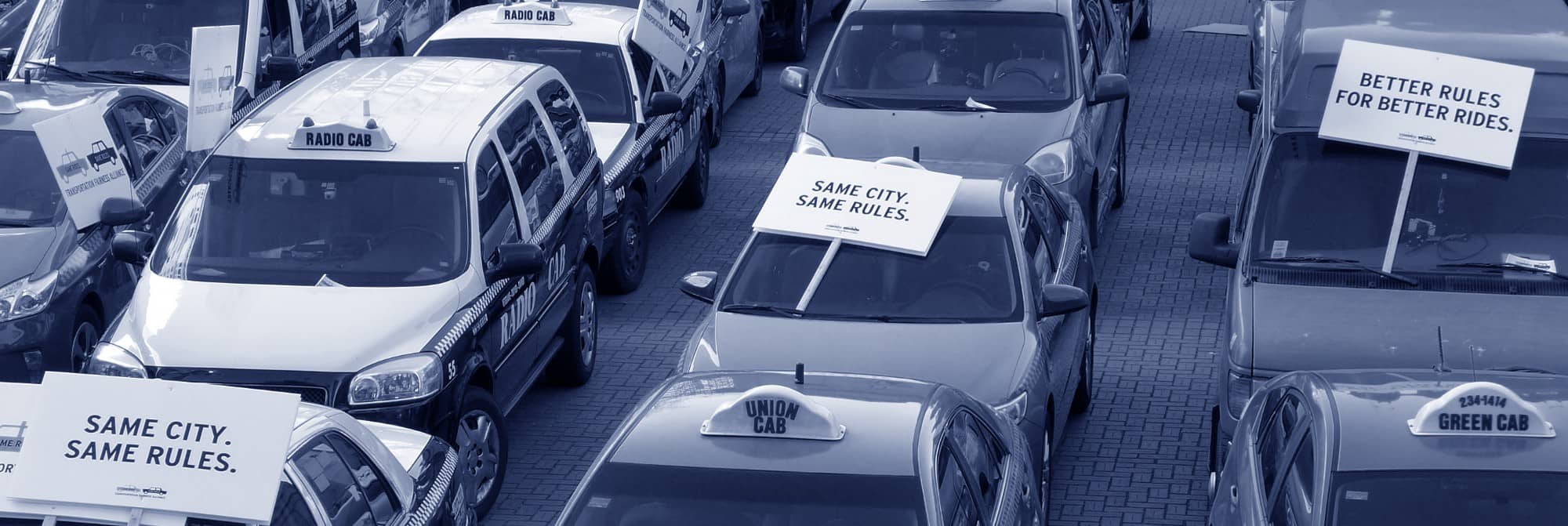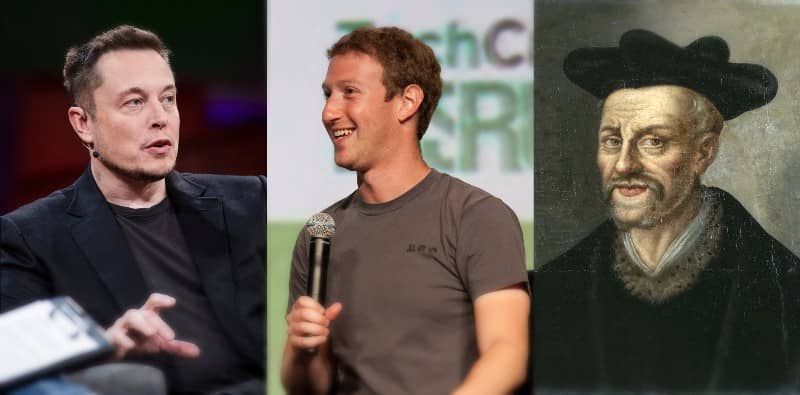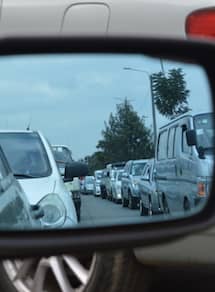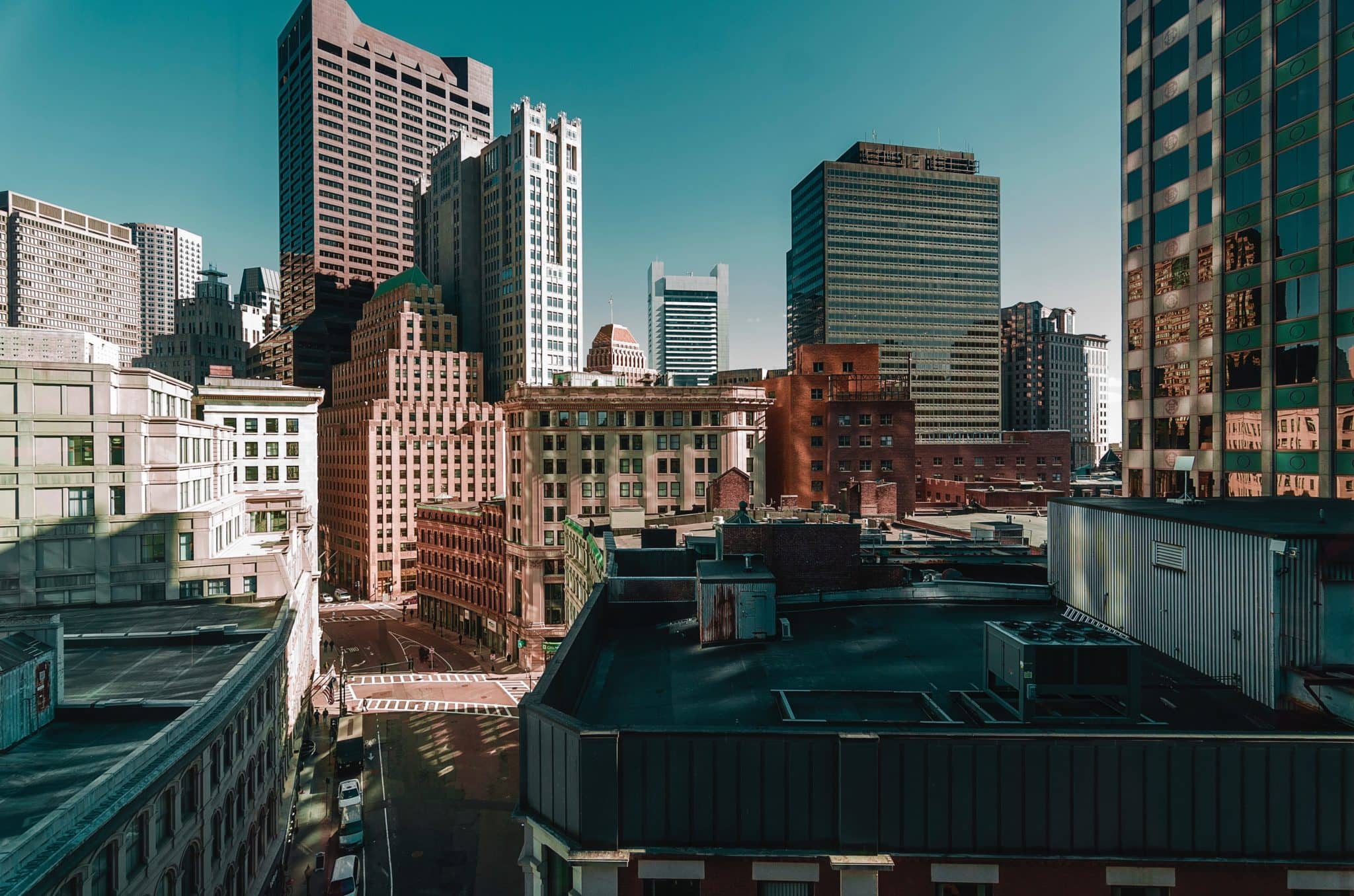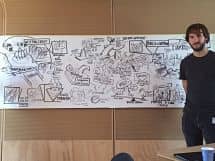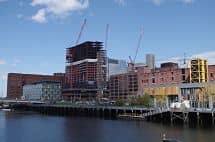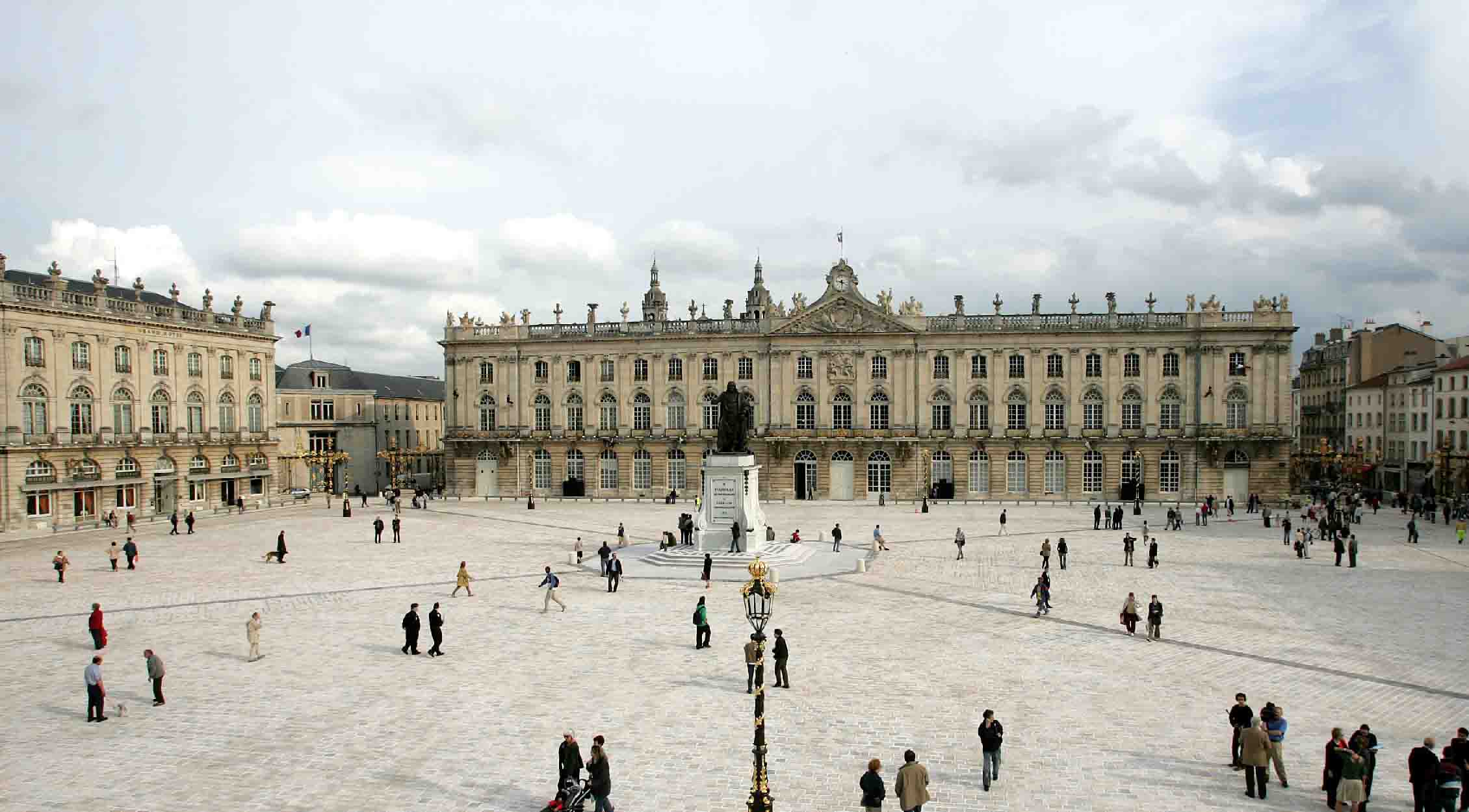

Is e-commerce taking over cities?
Is e-commerce eroding city centres? Before the pandemic, this question was part of the broader issue of the constant redefinition of the relationship between commerce and cities. After all, “commerce is change“, as Philippe Dugot, professor of geography at the University of Toulouse Jean Jaurès, reminded us in an interview he gave in 2019. Like shopping centres a few years ago, online commerce is a new development that is enriching the long history of the essential link between cities and commerce.
The pandemic and the related burst of e-commerce raise a more radical question, which Philippe Dugot has already mentioned: is the acceleration effect induced by the pandemic not detaching commerce from the city, rewriting its physiognomy and reshaping both commercial property and the use of road space and the function of public space? In this tension at work between an urbanism of speed and an urbanism of proximity, rightly highlighted by Jean Coldefy, e-commerce, with its consequences on logistics – the increasingly visible, part of the iceberg, is drawing its own map of the city.
It is understandable that these questions should arouse concern, even anxiety: they speak to our daily lives while giving us an unfiltered view of the direct consequences of the pandemic… and of our own behaviour. Because the evolution of trade is also a mirror of our habits, how constrained they have been by the pandemic for too many months.
In order to inject rationality, and therefore serenity, into the debate, it is useful to rely on scientific analysis. In this respect, the study “Is e-commerce good for Europe?” conducted by Oliver Wyman in conjunction with Logistics Advisory Experts (LAE), a spin-off of the Institute of Supply Chain Management at the Swiss University of St. Gallen, is instructive. The fact that it was commissioned by Amazon does not detract from its interest or seriousness, especially as the methodological questions it raises largely echo university research on the subject, such as the recent article by Heleen Buldeo Rai, a researcher at the Logistics City Chair of the Gustave Eiffel University. Impact on employment, consequences on the environment: the study defeats the preconceived ideas about e-commerce (no, it does not destroy jobs but transforms them; yes, its environmental impact is better than that of physical commerce in terms of CO2 emissions, largely because of the emissions linked to the building) but above all it reminds us of this essential fact. In cities that are doing well, physical commerce and online commerce are also doing well. This is another way of saying that the attractiveness of a city is a complex construction that depends on many actors and factors, starting with the role of the city elected officials. And that this attractiveness is built with the citizens and their uses, the citizens as they are, as well as with the technologies as they evolve and open up perspectives. This observation obviously does not prevent regulation by price signals or by law which, on the contrary, will be all the more effective if it anticipates the trends at work. Nostalgia has less than ever a place in a context of great uncertainty.
These other publications may also be of interest to you:
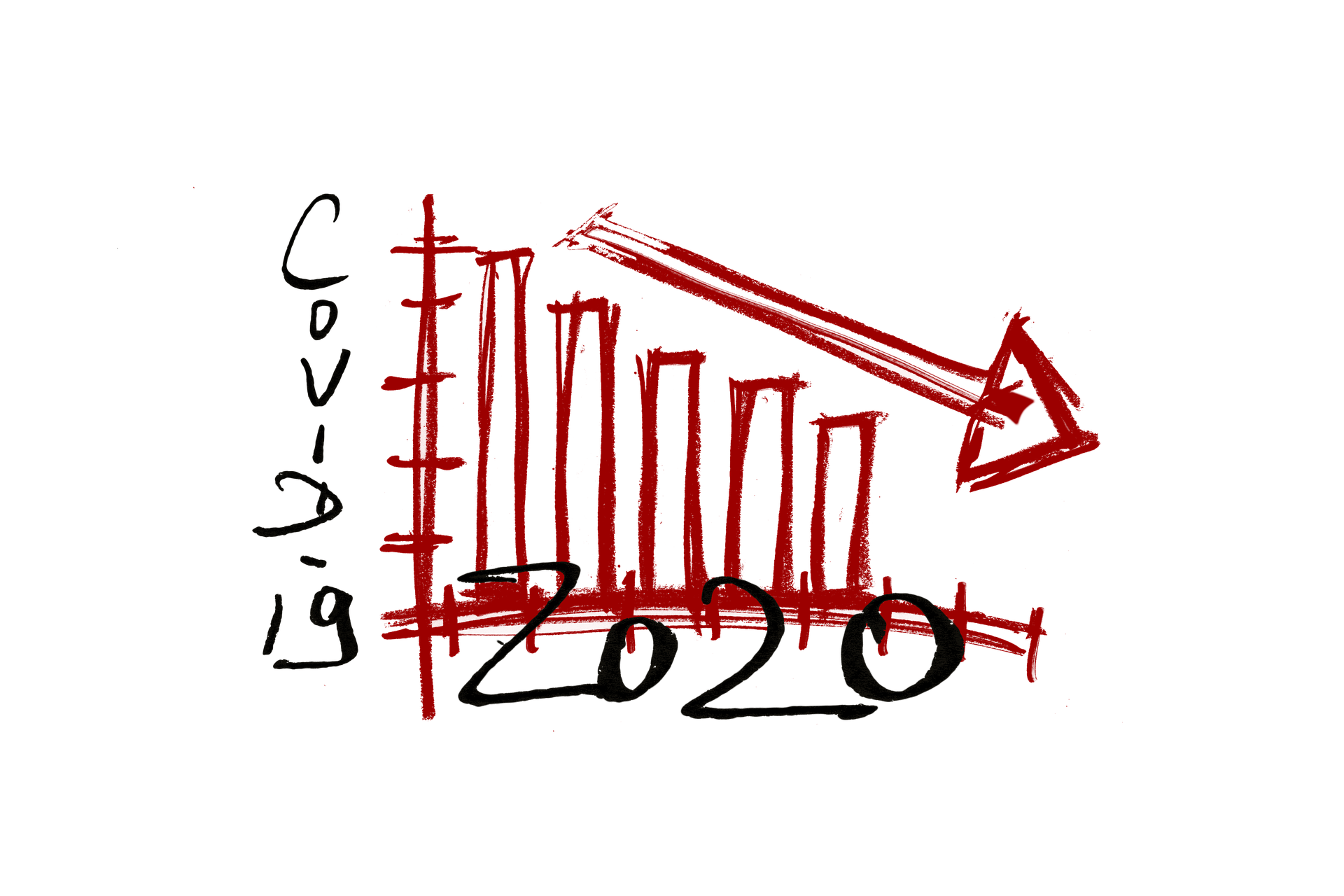
Behind the words: Recovery

Behind the words: urban congestion

Behind the words: Degrowth
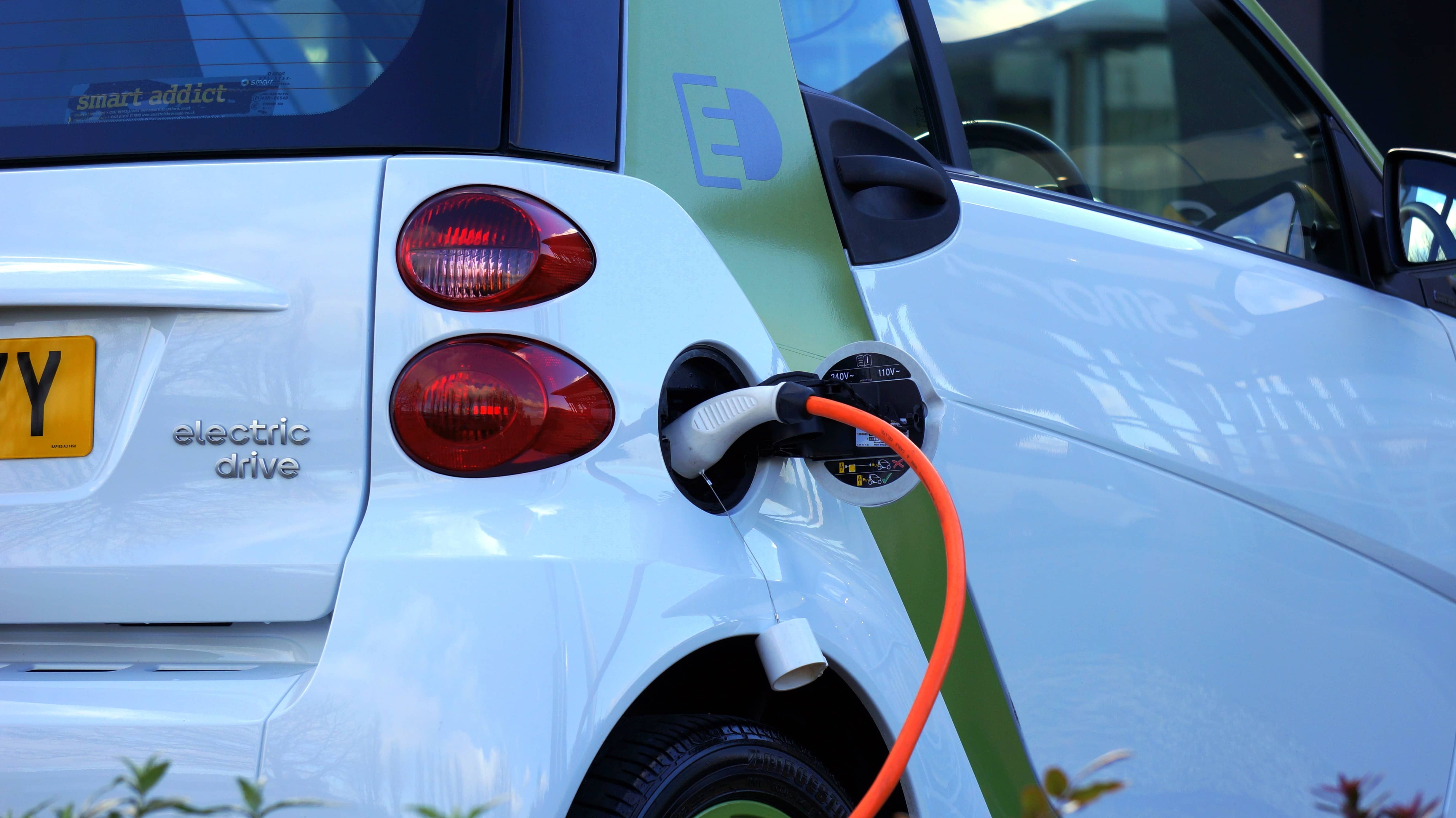
The political and technological challenges of future mobilities

“Once Upon a Time”…

Feeding and fueling the city

Boston Focus

Data for urban citizens

Towards data-driven cities?
La Fabrique de la Cité
La Fabrique de la Cité is a think tank dedicated to urban foresight, created by the VINCI group, its sponsor, in 2010. La Fabrique de la Cité acts as a forum where urban stakeholders, whether French or international, collaborate to bring forth new ways of building and rebuilding cities.















